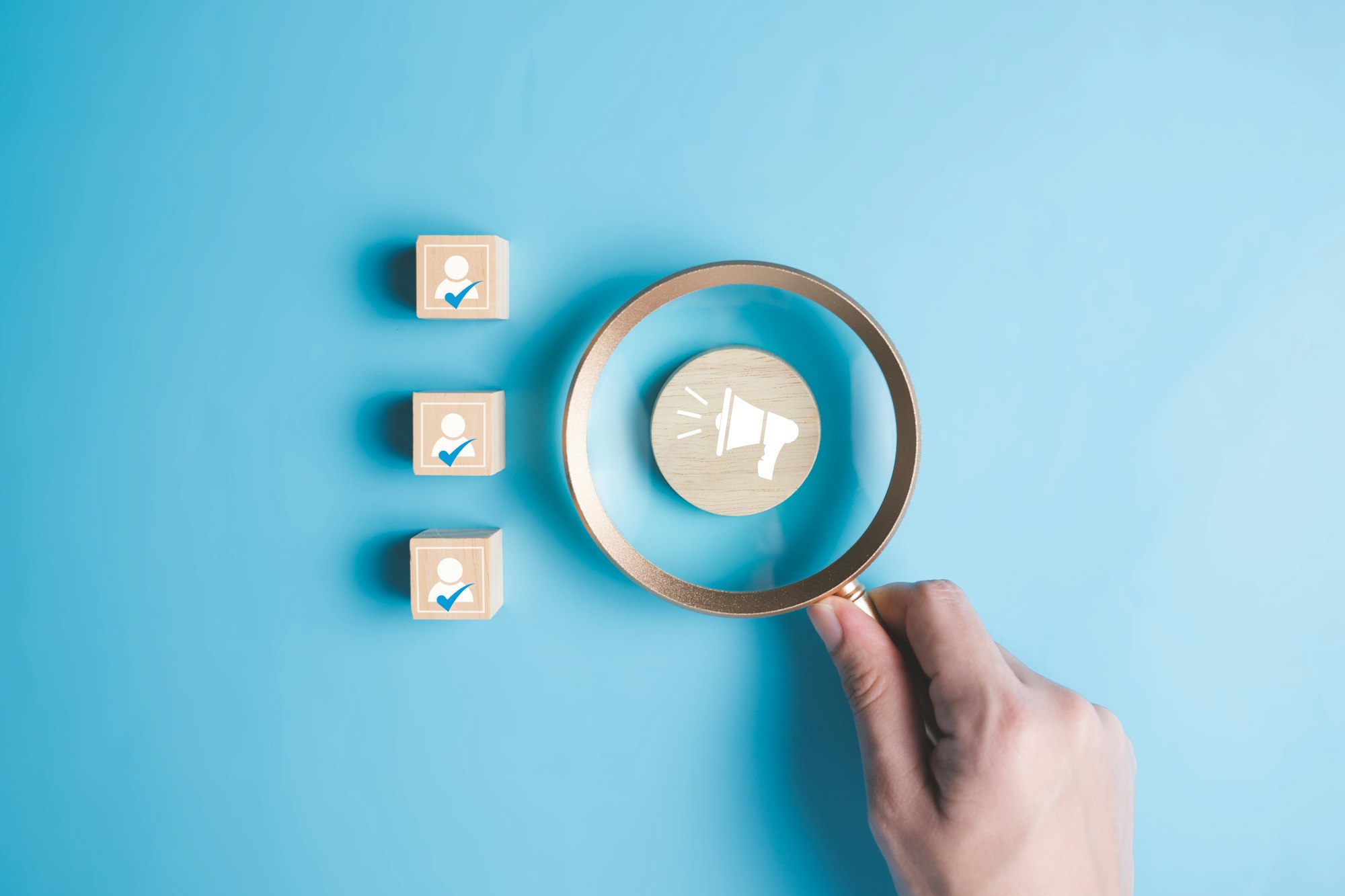AI’s Big Move into Hiring
In today’s job market, companies are really getting into using artificial intelligence (AI) to pick who might be their next hire. This means they’re using stuff like computer programs that can judge your body language, how you talk, online games that test your skills, and systems that go through your resume. It’s like having a robot as the first step of your job interview.

What We Thought AI Would Do vs. What’s Actually Happening
People were super excited about AI in hiring at first because they thought it would make everything fairer and faster. The idea was that a computer wouldn’t have the same biases humans do, so everyone would have a better shot. But, as it turns out, this isn’t always the case. A big study from IBM showed that even though lots of companies (42%!) are using AI to help hire people, there’s a growing worry that these tools might actually be leaving out some really good candidates by mistake.
Oops… AI Might Be Messing Up
Even though AI is supposed to be all about the facts and data, it turns out it can still mess up and be unfair. For example, there have been times when really qualified people didn’t get a job because the AI didn’t like something small or silly, like the way they talk or their hobbies. It’s because these AI systems learn from what they see, and if they see a lot of the same kind of people at a company, they might start thinking those are the only right kinds of people for the job.
Real Stories of AI Goofs
There are real stories out there about how these AI tools have made some pretty big blunders. Like, someone might get turned down for a job because the computer didn’t like their body language, or because it thought the kind of stuff they like to do for fun wasn’t a “match” for the company. It’s like the computer is trying to find someone who fits in a little too perfectly, and that’s not always fair.
How Unfair AI Affects Everyone Looking for a Job
When AI tools don’t play fair, it’s not just a problem for the people who don’t get the job. It can actually make it harder for everyone to find a good job, especially if you’re not the type of person the AI is wrongly set up to look for. This is why it’s super important for people to keep an eye on how these tools are used and make sure they’re really being fair to everyone.
Fixing the AI in Hiring
Good news is, people are working on ways to fix this. They’re coming up with tests and checks to make sure the AI isn’t biased, and big companies are starting to pay attention. They know it’s important to use AI in a way that’s fair and gives everyone a fair shot at getting hired.
So, that’s the scoop on AI and job hunting. It’s got a lot of potential to change how we find jobs, but we’ve got to make sure it’s being used in a way that’s fair for everyone. Keep this in mind as you start your job search and remember, it’s all about making sure everyone gets a fair chance.

FAQs on AI in Hiring
1. What exactly does AI do in the hiring process?
AI in hiring can do a bunch of things like analyzing the way you talk and your body language, running you through online skill games, and going over your resume to see if you match what a company is looking for. It’s like having a robot assistant that helps companies decide who might be a good fit for a job before a human even looks at your application.
2. Why did people think using AI in hiring would be a good idea?
The main reason was fairness. People thought that since AI doesn’t have human emotions or biases, it would treat every application the same way, only looking at skills and qualifications. They also thought it would make the whole process quicker and easier for companies.
3. How can AI in hiring be unfair?
Sometimes, AI tools make mistakes by learning from biased data. For example, if an AI system notices that a lot of employees at a company have certain hobbies or talk a certain way, it might start thinking those are important factors, even when they’re not. This can lead to the AI unfairly rejecting qualified candidates who don’t fit these unnecessary criteria.
4. What’s being done to fix AI biases in hiring?
There are tests and guidelines being developed to help identify and correct biases in AI systems. Companies are also starting to pay more attention to making sure their AI hiring tools are fair, with some even working with experts to improve their algorithms.
5. How can I increase my chances of getting past AI hiring tools?
Focus on tailoring your resume to the job description, using keywords and phrases that match. Practice your interview skills, including speaking clearly and confidently, as some AI tools analyze video interviews. And stay informed about the kinds of skills and experiences companies in your field value, so you can highlight them in your applications.
Sources BBC


